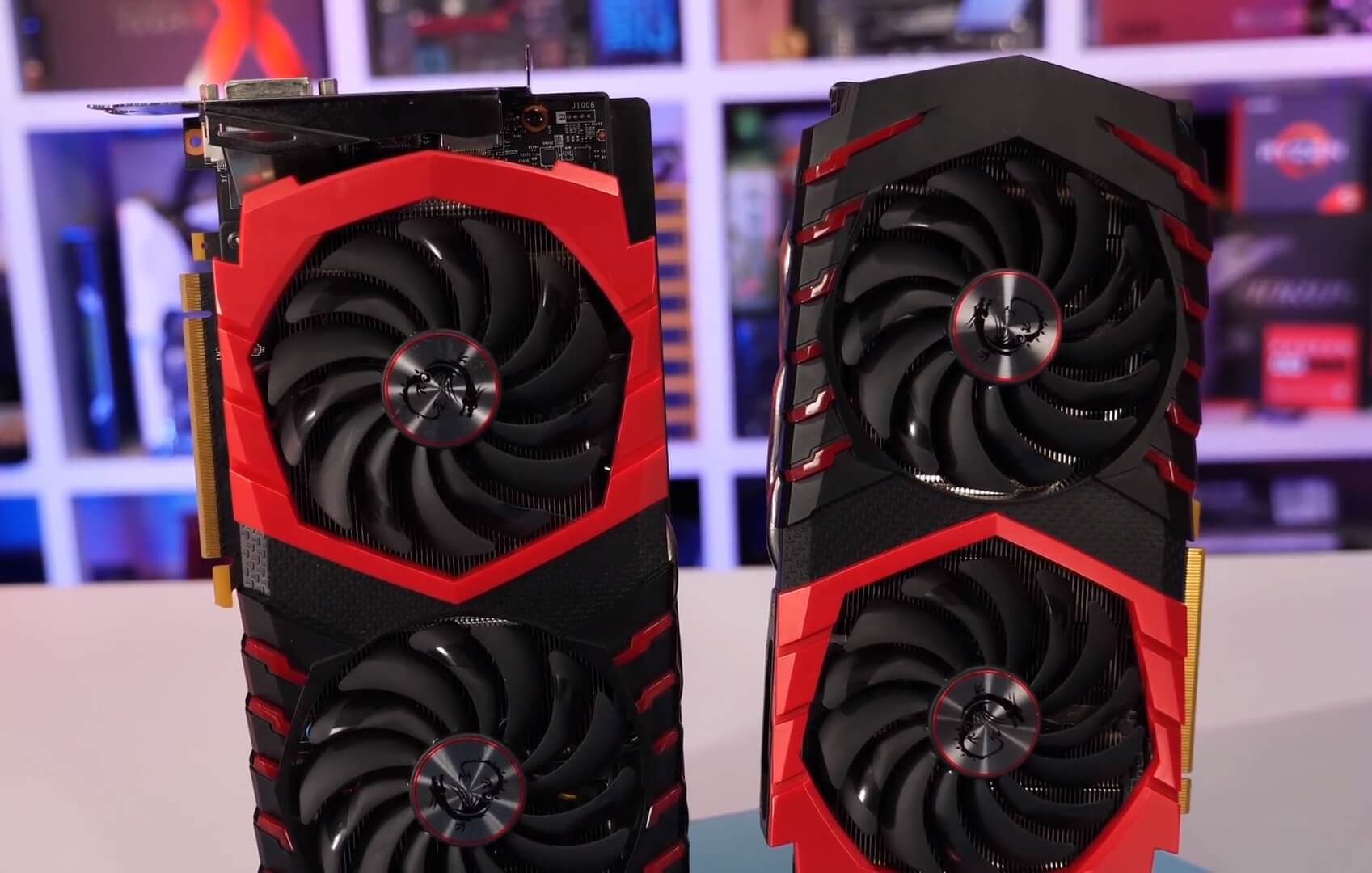All good stuff but it ignores one very important factor - The 570 is a power hog that can peak at 200W+ in extreme situations and pulls 150W+ in normal gaming. Given the market is for lower cost gamers, the need for a beefy power supply - AMD recommends a 450W minimum - doesnt make sense. Compare that to the 1050Ti that won't draw a single watt over the 75W rating.
I just put a 1050ti in an old Dell Studio XPS 8100 (i7 870, 2.93ghz) with a 350W PSU. The 570 wasn't even an option because I didnt want to stress the system that much (Irony - it came with a ATI Radeon HD 5770 which also needs a 450W PSU according to ATI which leads me to believe Dell was throttling it). Yes, I could have replaced the PSU too but if you have ever done that in a Dell, you know why I didnt.
Bottom line, while they are price competitive, the 1050ti is BY FAR the best price/FPS/Watt performer out there and if you are building a lower end system or upgrading a lower end system, it is a great GPU.
I've actually upgraded an HP office PC with an rx 580 8 gig and you're talking nonsense . Never went past 120 Watts Peak and average when gaming is ~105. I mean it's a more power hungry card than the 570 and I even over clocked it ffs.
If the card is gonna draw more than the 75w over PCI then it doesn't matter if its 80 or 150 watts imo. Electricity is laughably cheap and you'd need to use it for many years to even negate the price advantage of the 570 over the 1050 ti.
How much mindless brand loyalty can you have to disregard a 43% performance advantage at a lower price...
Worst thing is you might make a less informed person, that happens to read your comment make an uninformed and disadvantageous buying decision. Smh
